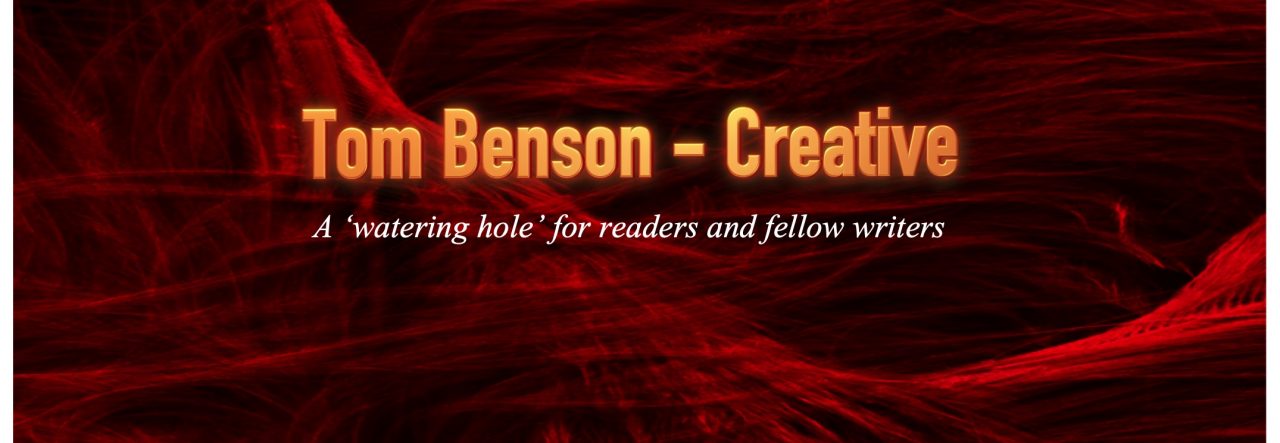My method may not be foolproof or even seen to be acceptable by those who sell large quantities of books. It will not be seen as the way to go, by those who can afford a line editor, copy editor, proof-reader, publisher, agent and all the other outside influences.
Does any of that concern me? No, it doesn’t; really.
*
This document and any accompanying graphics are not intended to be an instruction, and none of it is intended for the more experienced writer. It is a simplified guide for the novice writer, which shows my own main targets as I set about writing a novel.
It will not appeal to everybody because I know that there are those out there who feel they have a good grasp of the craft of novel writing already. There is for example one writer I know who writes a novel by perfecting it one chapter at a time, and then feels there is no need to go back to the chapters already written. My opinion of such an idea is better left unprinted.
Many writers who tackle novel writing feel they’ll be fine without any structure – and again; it is not for me to judge. It’s fine to say that nothing is set in stone, or must be strictly adhered to, but there are areas you ignore at your peril.
Call them rules, conventions or guidelines, but certain aspects of the craft should be observed – no matter how good a writer thinks they are.
Examples:
– Non-fiction such as this document has the text aligned to the left, with no indent except for sub-paragraphs.
– Fresh paragraphs in fiction should be indented.
– Fresh dialogue should be indented.
– Two different characters should not have dialogue within a single paragraph.
– There are occasions when numbers should be written as words and other occasions when they should be written as figures.
Those are only a few of the most common conventions I see ignored on a regular basis. There are many more concerning such things as point of view, tense and capitalisation.
*
 There are books on how to write a novel, which offer tips on everything from choice of title, cover design, how to build suspense, write an action scene, a sex scene, through to locating a suitable agent or publisher for submission of your manuscript.
There are books on how to write a novel, which offer tips on everything from choice of title, cover design, how to build suspense, write an action scene, a sex scene, through to locating a suitable agent or publisher for submission of your manuscript.
I’ve read several of the ‘How to …’ books, and I have shelves full of books on virtually every aspect of creative writing. Having read so much on the subject, and managed to produce several books via the self-publishing method, I am unlikely to venture down the route of traditional publishing.
My favourite books are still those that tell a story! These days I am more likely to be found reading my Kindle library, but I do on occasion read paperbacks if they lend themselves to my research, or if it’s a favourite author.
*
There are many types of writing, but I tend to work with four: poetry, flash fiction, short stories and novels.
All of those listed have a structure in terms of a beginning, middle, and end, but each by the nature of its composition can very different in terms of length.
They all have a different flow, and each may have a unique style.
In essence, they are all means of telling a story.
***


Some more excellent advice Tom. I think it’s all too easy for a novice writer to believe or at least convince themselves that their creativity will shine through, negagting the need to observe any unwritten rules or conventions; having read a number of very good and an even greater number of somewhat less than good books, it’s clear that consistency and adherance to some sort of structure and convention does in most cases add to the overalll enjoyment of a novel. I think it’s also important to identify where one’s strengths lie – areas such as poetry and science fantasy are definitely outside mine, something I’ve discovered from my early efforts (or ‘writing apprenticeship’ as you refer to it one of your other posts). I’m not saying that a writer cannot venture beyond the conventional from time to time, sometimes it’s essential, but the accepted rules and conventions exist because they work for the most part, and shouldn’t be ignored just for the sake of it or simply through ignorance of them.
LikeLiked by 1 person
Yes, it really does come down to honesty, integrity and hard work. As you quite rightly point out, we have to know what we’re good at, and stick to it if we’re not comfortable with other areas.
LikeLike